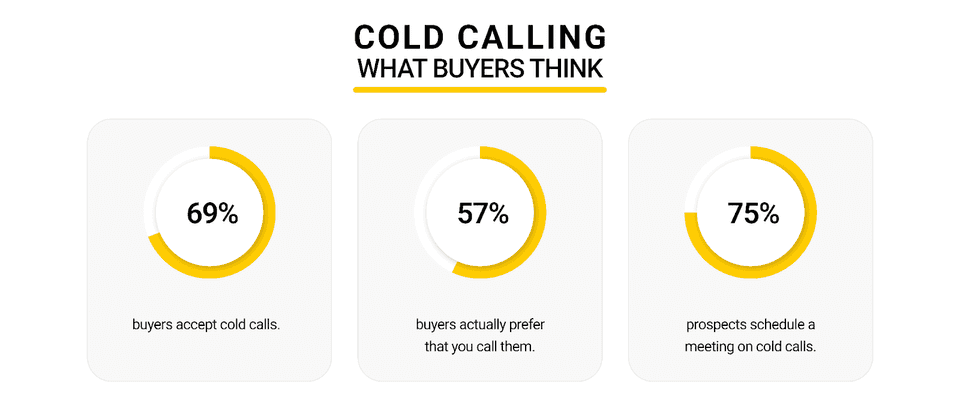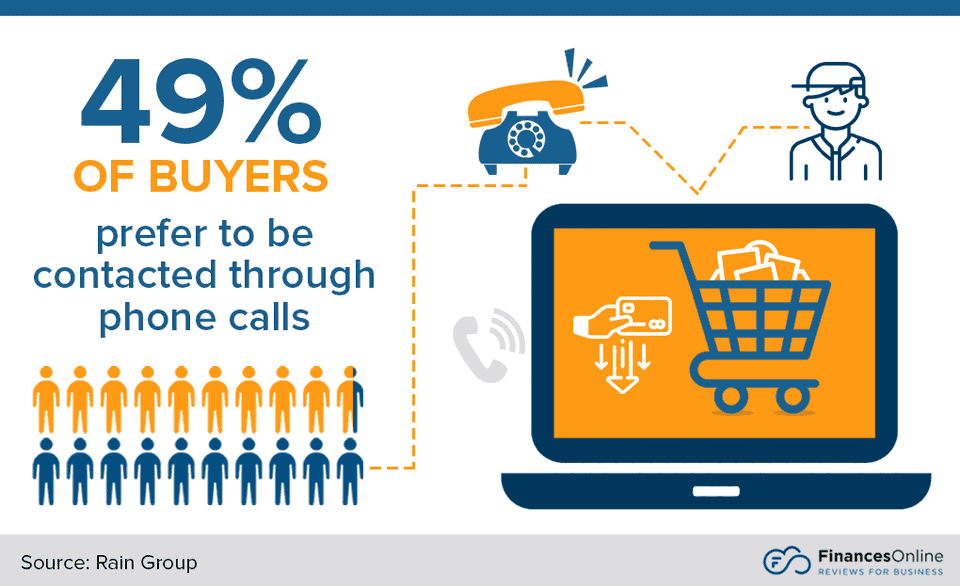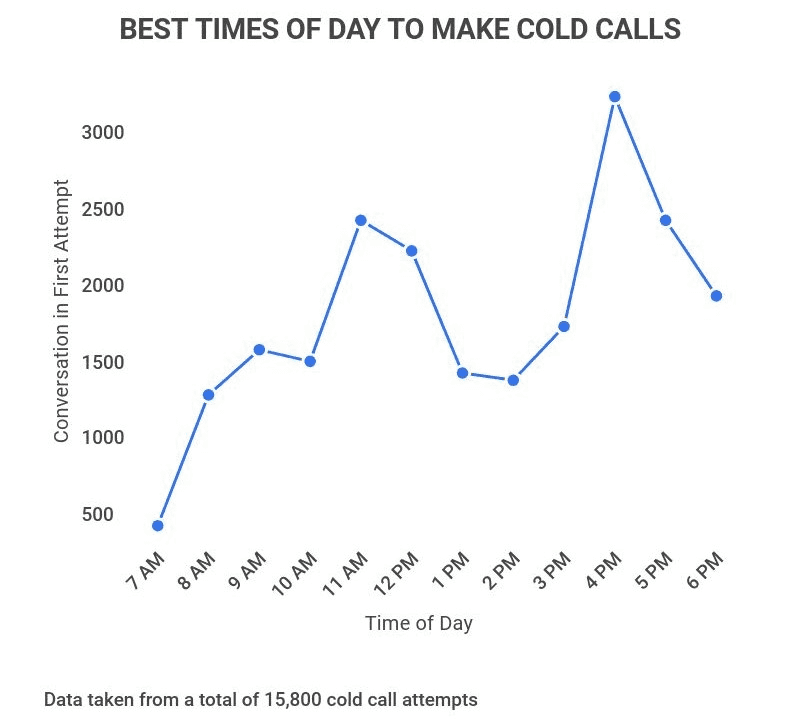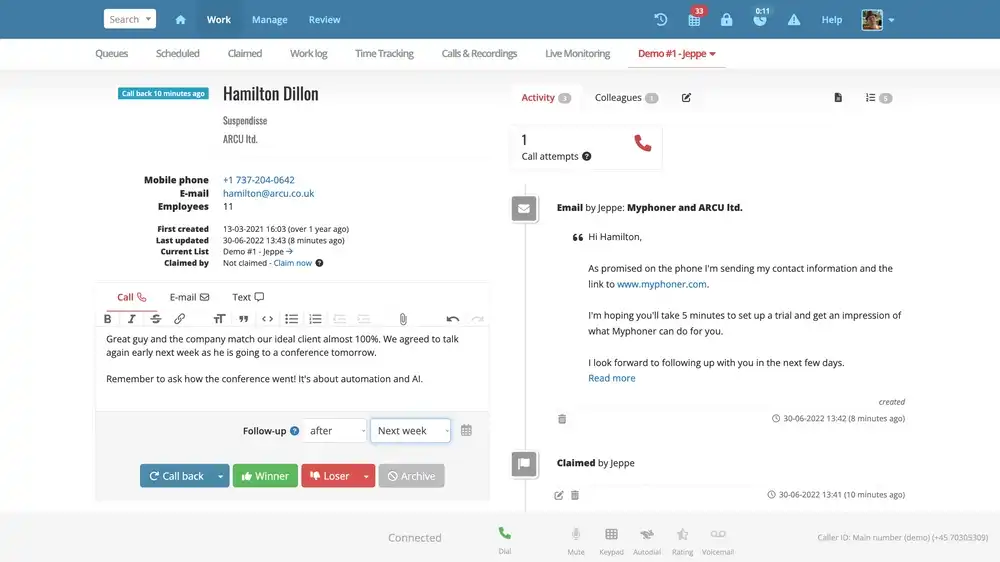Real Estate Cold Calling Insider Guide & Best Practices

- November 6, 2022
I know what you’re thinking, you’ve just read the words cold calling and you’re starting to feel uneasy. It’s like you’ve just heard the phrase public speaking or even worse, James Corden! But rest assured, there’s no need to panic.
Real estate cold calling plays an essential role in lead generation that’s hard to ignore. With the right tools, such as Myphoner cold calling software and improved customer insight, real estate cold calling can transform your business for the better.
What is real estate cold calling?
Let’s cut to the chase: real estate cold calling is the process by which agents reach out to potential prospects, referrals, or past clients to advertise their services. Commonly, these agents have no prior connection to the people on the other end of the phone.
Even though real estate cold calling has played a central role in the industry for years, many new agents question its effectiveness due to the anxiety and frustration it brings. If you haven’t received proper training, dialing a stranger can seem absolutely terrifying.

With software such as power dialer and real estate cold calling scripts, agents no longer need to have the charisma levels of Tom Hanks to succeed. With appropriate training, real estate cold-calling can become your new best friend.
Why is real estate cold calling important?
According to Shannon Goodson and George Dudley, co-founders of Behavioral Sciences Research Press, call reluctance is to blame for 80 percent of new salespeople failing in their first year. And if you think veterans are safe, think again.
A whopping 40 percent of veterans blame declining sales on call reluctance. With these alarming numbers, it’s easy to see why investing in real estate cold calling services is critical for future success.
From generating new leads to scheduling meetings, utilizing a cold calling strategy is the first step toward turning a stranger into a client. Not only that, but having a conversation over the phone provides a personal touch that is often missing in our digital age.

Some other benefits of real estate cold calling include:
- Cost-effectiveness - Rather than paying for an online marketing campaign, cold calling lets agents reach a wider range of clients at a fraction of the cost.
- Practice makes perfect - As with most things: the more you practice, the better you will be. Real estate cold calling is no different.
The end goal remains the same: discovering clients considering buying or selling a home and turning them into customers. And with an effective real estate cold calling strategy, turning a no into a yes is as simple as one, two, three!
As 75 percent of home buyers hire the first agent they interview**, making that first introduction is essential. Let’s delve deeper into the best cold-calling tools for real estate.
Insider real estate cold calling best practices
If you think real estate cold calling services are simply picking up the phone and dialing a random number, you’re in for a surprise. In modern real estate, cold calling is less a numbers game and more a streamlined process.
By focusing on expired listings, targeted area calling, and real estate lead generation websites, agents are less likely to hear the dreaded disconnect tone. Here’s how to improve your prospect-to-lead conversion.
Know your audience
Starting a conversation with a stranger is a nerve-wracking process, especially if your goal is to turn them into a client. That’s why it’s so important to know about your lead beforehand. A few details here and there helps develop a connection from the get-go.
Researching profiles in your CRM or setting up a sign-up sheet on your company website narrows down your prospects buying or selling preferences. Tools like lead tracking let you follow your leads through the sales pipeline, so you always have up-to-date details on their journey.
Even if you don’t have much info, the best thing you can do islisten. The more time you spend listening, the better you’ll be at addressing concerns. You can even check their social media to find one thing in common to kickstart your conversation.
When to call
Even if you have researched your lead from top to bottom, calling at an inconvenient time is a surefire way to lose a client. Call too early and they’ll be busy planning their day. Call too late and they won’t be in the right headspace to talk business.

It’s about finding that sweet spot where your leads are ready to listen. Research shows that the best time to call is between 4 p.m. and 5 p.m. as people will be wrapping up their day and won’t have time to take on any more work-related tasks.
The research also found that Wednesday is the best day to call as people have settled into their weekly workloads. And if your calls go to voicemail, investing in an effective lead routing system ensures return callers won’t be kept on hold.
Real estate cold calling scripts
While being able to think on your feet is beneficial, there’s really no need. Once you begin making your calls, you’ll hear the same responses over and over. Having completed scripts means the best answers are always on hand.
Let’s take a look at a few script examples for you to follow:
1. For sale by owner (FSBO) script
FSBO prospects take the selling process into their own hands. The issue with this approach is that many struggle to sell and are exhausted by the whole ordeal. While this is deflating for homeowners, it’s a perfect opportunity to ask some cold-calling questions.
By doing a little research, you can discover how long their house has been on the market. If it’s been on for a while, the sellers will be more likely to invest in your services.
Start the conversation with this opening line:
“Hello, is this (FSBO’s name)? My name is (name) calling from (brokerage). I came across your listing online and I was wondering if you have had any luck in selling?”
Referring to the seller by name adds a personal touch. As you already know the answer to the question (from your research), you can have this below response ready and waiting:
“I know the area well and the market is quite slow at the moment. How long have you been trying to sell your property?”
Asking follow-up questions engage the prospect and keep the conversation flowing. Using empathy with a sincere tone in your voice strengthens your connection too.
“Can I ask: do you have a date you need to move by? Also, what made you decide to sell the property by yourself?”
Enquiring if they have an end date means they may require your help sooner rather than later. And asking why they are privately selling ensures you can address any concerns they may have.
“How did you determine your listing price? Have you had much interest so far? Have you put on an open house for your property?”
Make sure not to ask these questions all at once. Your goal is to make them aware of your services without coming across as too strong. This is generally why many have trouble succeeding with cold calls.
With this unique insight into their FSBO journey, you can now steer the exchange in your favor.
“Thank you for this information. The reason I’m calling today is to see if there’s anything I can do to help. I would be happy to assist with getting some more interest in your property.”
At this point, you will be able to see where you stand. If prospects respond with ano, gently ask them if they would consider your services if you could get them their asking price. As the property has been on the market for a while, they are more likely to respond positively.
Whatever the response, make a note in your real estate CRM for others to use in future conversations.
2. Circle prospecting
Once you’re already selling in an area, you’ll have more chances of securing new prospects. The idea is to make them aware of their property’s value by highlighting sales you have already made.
As they likely already know who you are, it’s the perfect opportunity to build community relationships. In the conversation, start by introducing yourself and exchanging pleasantries. Then transition into the reason for your call:
“I’m just phoning because I recently sold a property in your area. Your neighborhood is receiving a lot of attention and properties are selling for high prices. Have you ever considered selling your home? Because if so, now would be a perfect time.”
If they are leaning towardsyes, by introducing your services you have positioned yourself as the agent for them.
Real estate follow-ups
If a prospect says they want to chat again at a later date, make sure you stick to their request. Now is your chance to research their neighborhood and find any recently sold listings. Contact them a week or two later with your findings.
If the prospect still needs time to think, don’t keep using phone calls as a follow-up. Sending emails and texts will seem less intrusive in the long run. You want to make your presence known without coming across as overbearing.
Re-engaging with leads should play an essential role in every cold-calling strategy. Otherwise, they risk being forgotten. Even simply touching base every now and then can be enough to secure a future relationship. Prospects need to know your services are ready and waiting!
Final thoughts
It’s understandable why many consider real estate cold calling anxiety-inducing. Selling a service to a stranger is enough to make anybody sweat. But with the right tools and preparation, real estate cold calling can play an essential part in your lead generation strategy.
With proven scripts and practice, you’ll discover prospects are simply sitting at the other end of the telephone.
Supercharge your business's cold calling today!


Written by
Jeppe Liisberg
Jeppe Liisberg is a forward-thinking entrepreneur and software developer who has built and contributed to multiple successful startups. With a philosophy centered on creating focused, specialized solutions that excel at solving specific challenges, Jeppe founded Myphoner after identifying a critical gap in the market for effective cold calling software.
"I believe that exceptional software should solve one core problem extraordinarily well rather than attempting to be everything for everyone," says Jeppe. "After years in the trenches as an entrepreneur, I couldn't find a cold calling solution that truly met the needs of small businesses and sales teams—so I built Myphoner to fill that void."
Today, Jeppe remains personally invested in Myphoner's success and customer satisfaction, personally welcoming new users and actively responding to feedback. This hands-on approach ensures that Myphoner continues to evolve based on real user needs while maintaining its commitment to simplicity, effectiveness, and affordability.
Connect with Jeppe on LinkedIn or reach out directly at jeppe@myphoner.com.
Related articles

Industry Related
What is a Sales Budget? Definition, Examples, And How to Create One
Learn all about sales budgets, what they are, why they're important & how to create one.
September 23, 2022

Tools & Practices
Cold Calling Tips, Skills & Strategies: How to Get Better at Cold Calls
Everyone tried this: even your best sales lead generation efforts are falling flat, and you are about to give up. But failure is success in progress.
September 20, 2022

Tools & Practices
6 Cold Calling Tools & Software for Everyday Use
Cold calling is a major part of prospecting. Successful sales teams are constantly reviewing new tools to help them find success. Here's our current favourites.
September 19, 2022